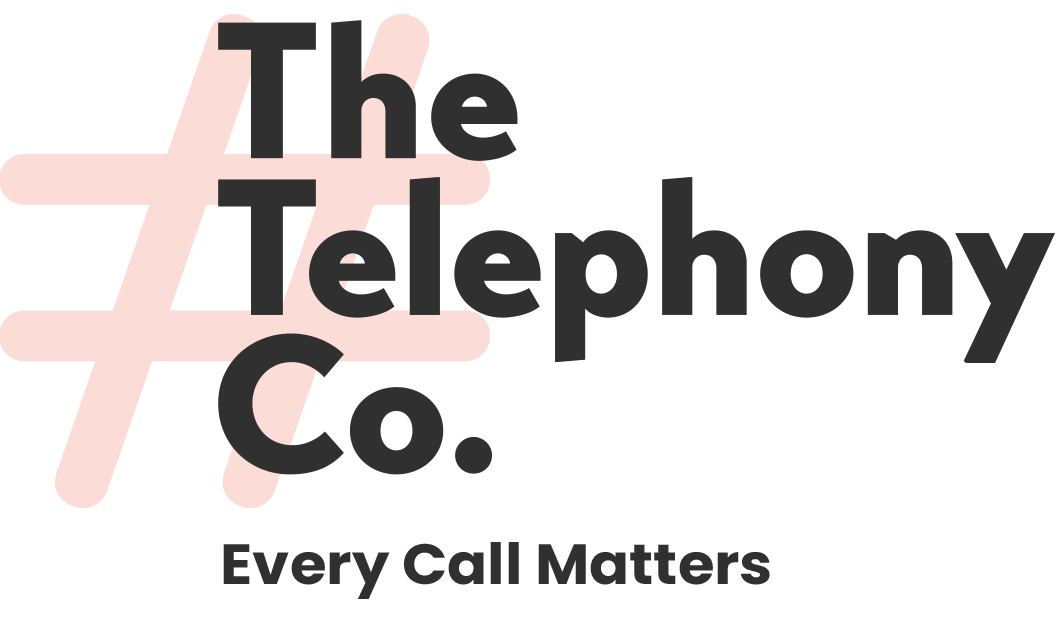The Ministry of Electronics and IT (MeitY) has asked Meta, WhatsApp’s parent company, to take action against scams on the messaging app. This request follows a call for intervention by India’s telecom regulator. MeitY secretary S. Krishnan stated that the ministry is actively working with Meta to tackle the issue. “Scammers keep finding new ways, which is concerning,” Krishnan told The Economic Times.
Krishnan also mentioned that the government is in constant discussion with WhatsApp and other stakeholders. He advised users to stay alert and report any suspicious activities. According to IT rules, companies must have grievance officers to handle user complaints, either through the app or external channels. If issues remain unresolved, users can escalate them to a grievance appellate committee.
Telecom Regulator Pushes for Action
The Telecom Regulatory Authority of India (Trai) has urged MeitY to investigate and stop scam calls and messages on WhatsApp. Trai chairman Anil Kumar Lahoti shared that the regulator is already managing voice calls and SMS but has asked MeitY to address scams on apps like WhatsApp.
Challenges with OTT Apps
Apps like WhatsApp, Signal, and Telegram are under MeitY’s jurisdiction, not Trai’s or the telecom department’s. Scammers are increasingly using these over-the-top (OTT) apps to target users. While WhatsApp is cooperating and blocking some numbers, apps like Telegram and Signal still need to take effective steps. WhatsApp’s vast user base in India makes the issue more urgent.
Impact on Telecom Operators
Telecom providers like Airtel, Reliance Jio, and Vodafone-Idea are facing challenges with spam originating from OTT platforms. Unlike telcos, OTT apps are not regulated or bound by licenses to block numbers. International spam adds to the problem, as telcos cannot control it.
How Scammers Operate
Fraudsters use WhatsApp for financial scams by asking users to share screens or grant remote access to their phones. In some cases, they request one-time passwords (OTPs) to steal money from bank accounts.
The government and regulators are pushing for stricter measures to control these scams and protect users from falling victim to fraud.

